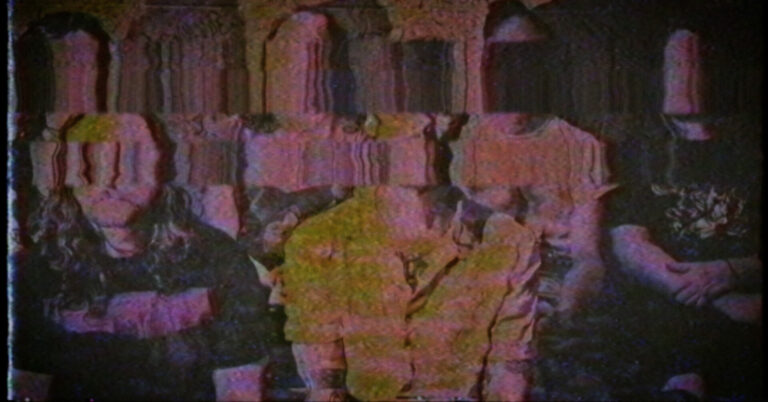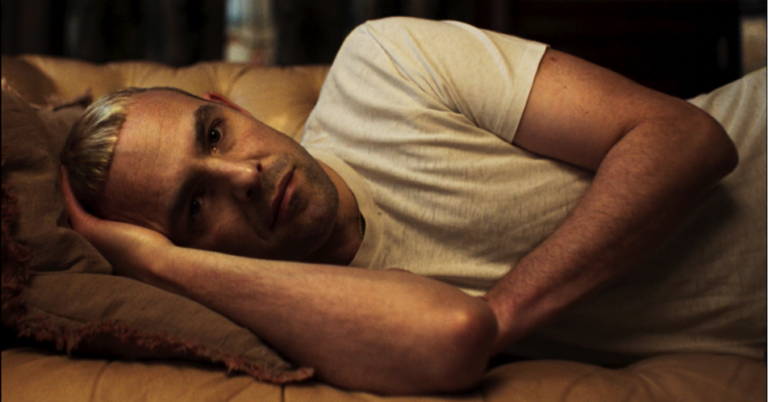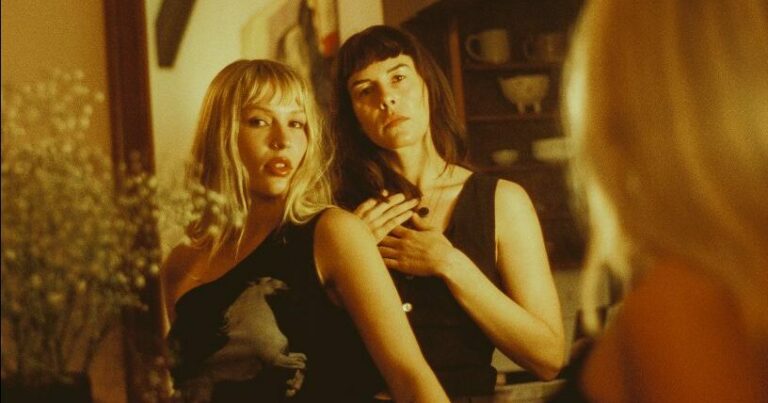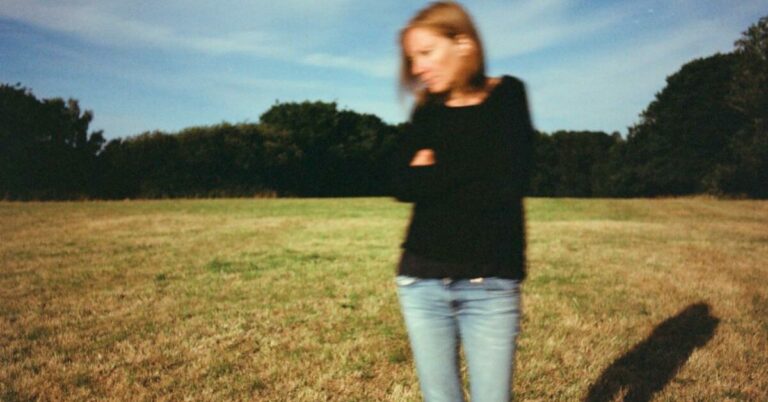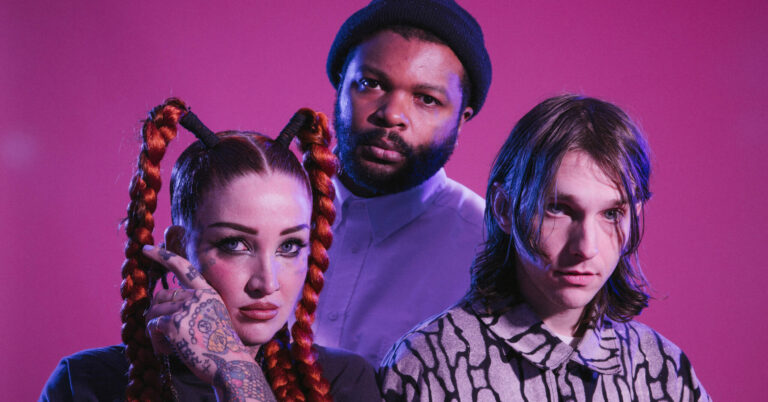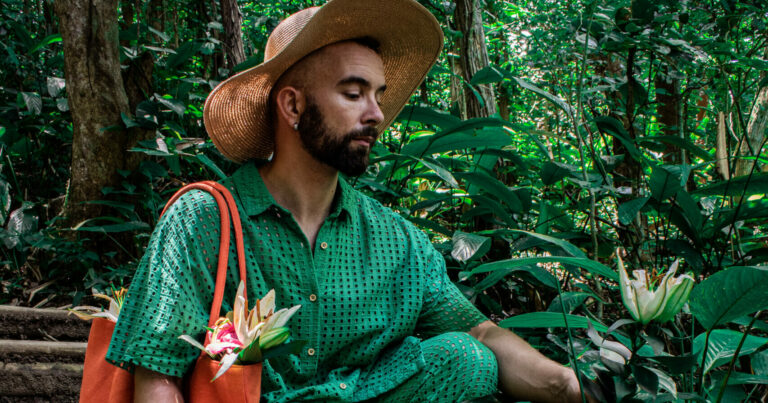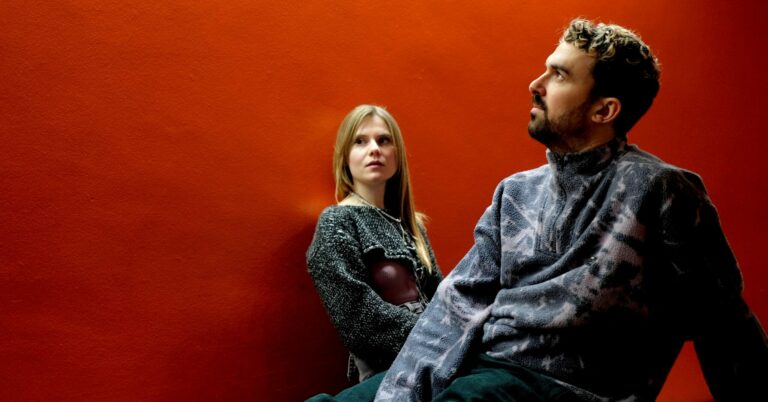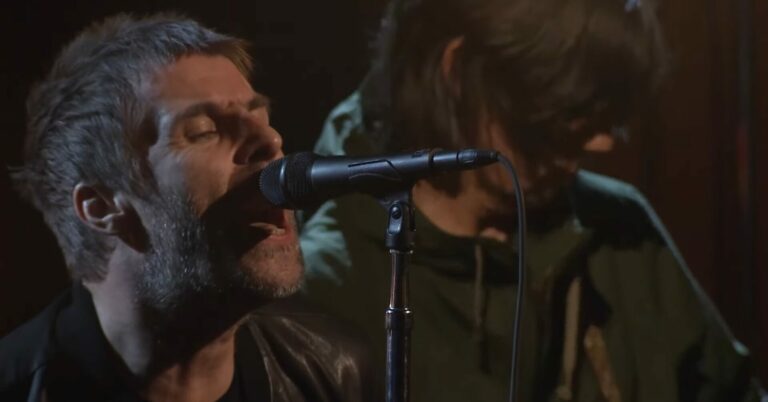Addiction is a formidable opponent, one that can consume individuals and families alike. It doesn’t discriminate based on age, gender, or socioeconomic status. Whether it’s substance abuse, gambling, or even addiction to technology, the path from struggle to strength is a challenging but achievable journey. In this blog post, we’ll explore some key steps that can help individuals overcome addiction and regain control of their lives.
Embracing Healing
Entering a rehab program at a treatment center is a courageous step toward healing and recovery. It signifies a commitment to confronting one’s struggles with addiction in a structured and supportive environment. The decision to seek professional help demonstrates a willingness to break free from destructive patterns and embrace positive change. Additionally, you can get in touch with Bali Beginnings and learn more about how in a treatment center, individuals have access to comprehensive care, including therapy, medical support, and educational resources tailored to their specific needs. The program offers a safe space for introspection, growth, and learning essential coping skills.
It’s a place where individuals are not judged but understood, supported, and guided towards a path of sobriety and well-being. While the journey may be challenging, entering a rehab program marks the beginning of a transformative process toward a healthier and more fulfilling life.
Understanding Addiction
The first step in overcoming addiction is understanding it. Addiction is often characterized by a compulsive need to engage in a particular behavior despite negative consequences. It alters brain chemistry, leading to cravings and a loss of control. Recognizing that addiction is a disease, not a moral failing, is crucial in the recovery process.
Acknowledge the Problem
Acknowledging the problem is the next vital step. Denial is a common defense mechanism in addiction, but it only serves to prolong the suffering. Admitting that there is a problem is the first step towards recovery. This can be a difficult and humbling experience, but it’s essential for progress.
Seek Professional Help
Recovery from addiction often requires professional help. Addiction specialists, therapists, and support groups can provide valuable guidance and support. They can help individuals understand the underlying causes of their addiction, develop coping strategies, and create a personalized treatment plan.
Build a Support System
Building a strong support system is crucial in overcoming addiction. Surrounding oneself with understanding and supportive friends, family members, and peers can provide much-needed encouragement and accountability. Support groups like Alcoholics Anonymous or Narcotics Anonymous can also be invaluable sources of support and camaraderie.
Develop Healthy Coping Mechanisms
Finding healthy ways to cope with stress, emotions, and triggers is essential in recovery. This may involve exploring new hobbies, practicing mindfulness and meditation, or participating in regular exercise. Developing healthy coping mechanisms helps individuals manage cravings and reduce the risk of relapse.
Set Realistic Goals
Setting realistic goals is key to maintaining motivation and progress in recovery. These goals should be specific, measurable, achievable, relevant, and time-bound (SMART). Celebrating small victories along the way can boost confidence and morale.
Address Underlying Issues
Addiction is often linked to underlying issues such as trauma, mental health disorders, or unresolved emotional pain. Addressing these issues through therapy, counseling, or medication can significantly aid in recovery. Healing from past wounds is an integral part of the journey towards strength and resilience.
Practice Self-Care
Self-care plays a crucial role in recovery. This involves prioritizing physical, emotional, and mental well-being. Getting enough sleep, eating nutritious foods, and engaging in activities that bring joy and fulfillment are essential aspects of self-care. It’s important to treat oneself with compassion and kindness throughout the recovery process.
Stay Committed to Recovery
Recovery is a lifelong journey that requires commitment and dedication. It’s normal to face challenges and setbacks along the way, but staying committed to the process is key. Developing a relapse prevention plan, attending regular therapy or support group meetings, and staying connected to a supportive network can help maintain long-term sobriety.
Celebrate Milestones
Celebrating milestones and achievements in recovery is important for self-motivation and reinforcement. Whether it’s reaching a certain number of days sober, completing a treatment program, or achieving personal goals, acknowledging progress fosters a sense of accomplishment and encourages continued growth.
Pay It Forward
Finally, paying it forward by helping others in their recovery journey can be incredibly rewarding. Sharing one’s experiences, offering support and encouragement, and volunteering with organizations that support addiction recovery can create a sense of purpose and contribute to a stronger, more supportive community.
Overcoming addiction is a challenging but transformative journey. By understanding addiction, seeking professional help, building a support system, developing healthy coping mechanisms, addressing underlying issues, practicing self-care, staying committed to recovery, celebrating milestones, and paying it forward, individuals can reclaim their strength and lead fulfilling lives free from the grip of addiction. Remember, every step forward is a step towards strength and resilience.
